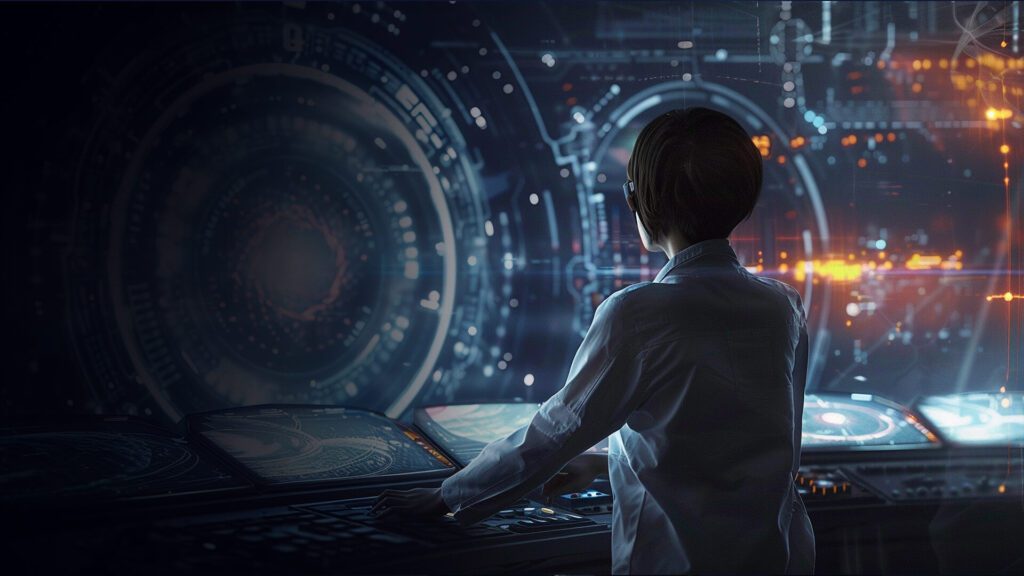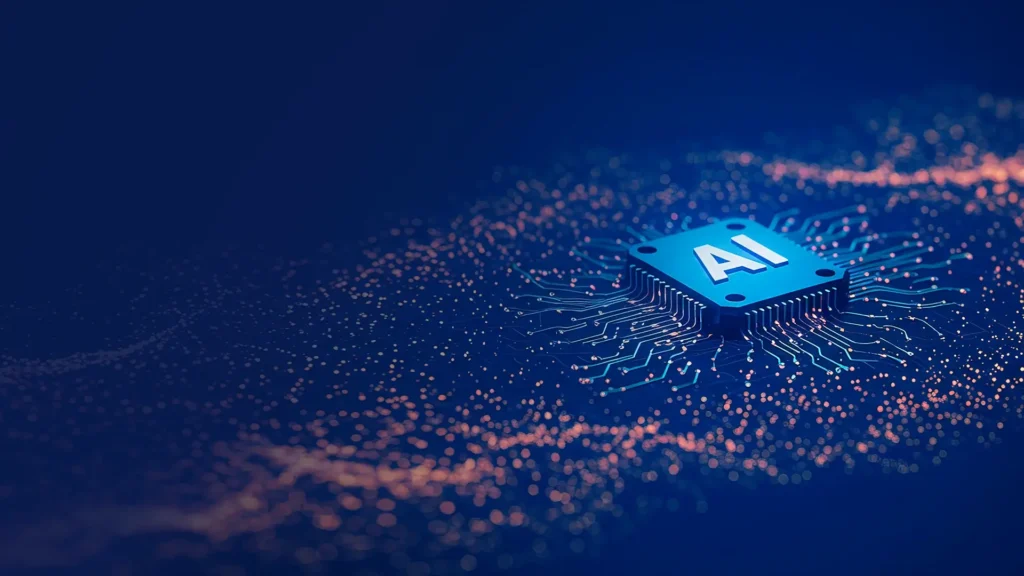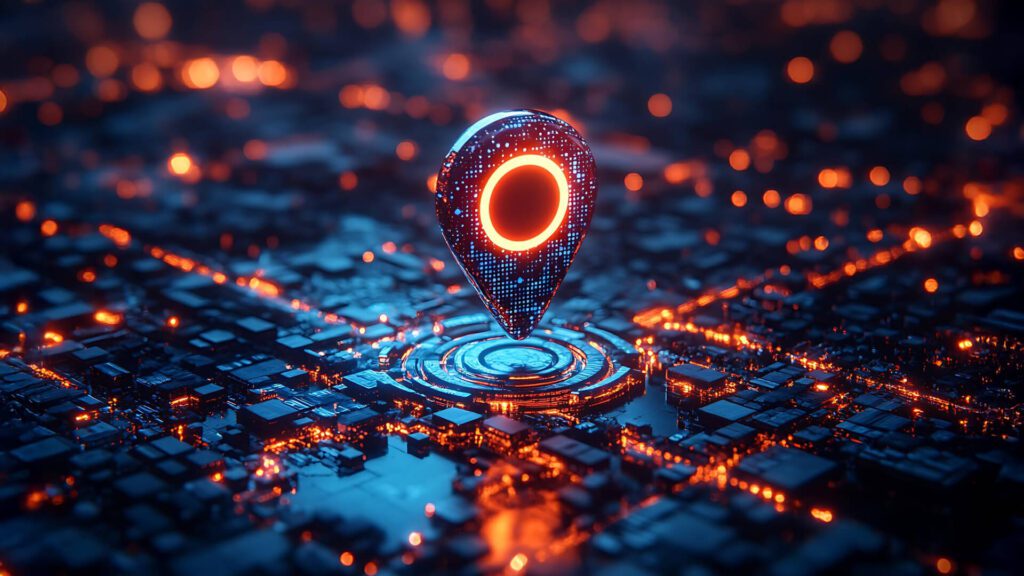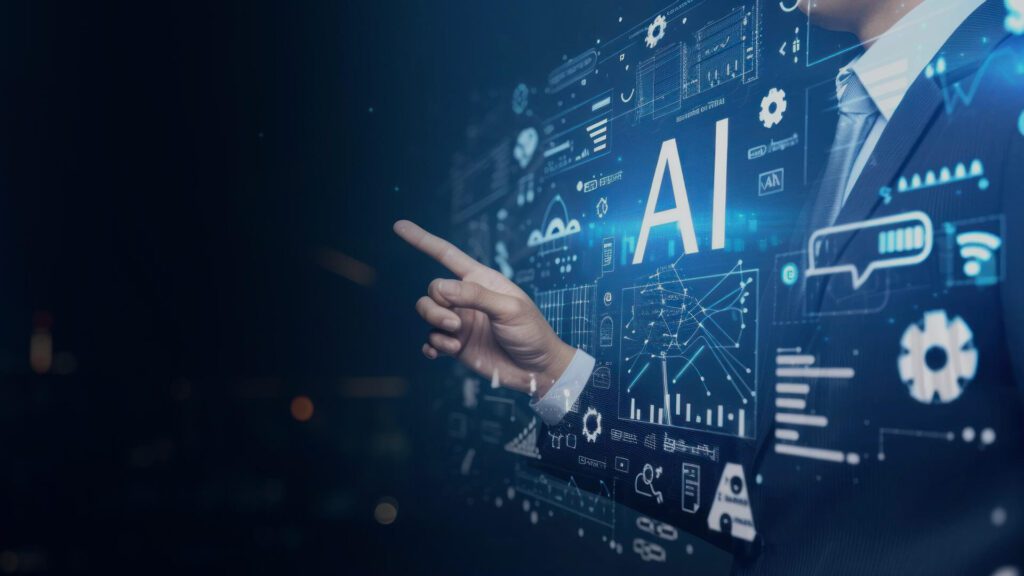In our rapidly evolving world, where technology reigns supreme, a fascinating dance between human creativity and artificial intelligence (AI) takes center stage. While the debate about AI potentially replacing human jobs has persisted, a fresh perspective is emerging – AI is not our competition but a collaborator, opening doors to uncharted opportunities.
In this era of innovation, AI and automation are reshaping our lives, challenging us to think differently, work smarter, and enhance our creativity like never before. AI is more like a companion, amplifying our capabilities instead of replacing them.
Generative AI, the talk of the town, has introduced us to a realm of endless possibilities. With cutting-edge platforms like ChatGPT and Bard, the boundaries of innovation are expanding. These revolutionary technologies can craft impeccable text, generate intricate codes, and automate tasks, transforming industries, companies, and job markets. Until 2022, who could have imagined that simply asking a question and receiving a response would feel so incredibly natural and human-like? That’s the astonishing power of generative AI.
Amidst the buzz, the question lingers: will generative AI steal our jobs or usher in a new wave of opportunities? Reports suggest that AI could automate 18% of jobs globally, leading to concerns about widespread unemployment. However, let’s pause for a moment and reflect on what makes us inherently human – our emotional intelligence, creativity, and ability to think beyond the confines of data.
Here are six vital skills that will set individuals apart in the AI era of 2024:
- Algorithmic Literacy: Understanding how algorithms work and their implications will be vital. Employees who can decipher and critique the algorithms driving AI systems will have a unique edge, ensuring fairness and ethical use of AI. A study by Pew Research Center found that 58% of Americans believe computer algorithms have at least some influence over their lives.
- Human-AI Collaboration: Mastering the art of collaborating effectively with AI counterparts will be a key skill. Employees who can seamlessly integrate AI tools into their workflow and leverage their strengths will thrive. According to Gartner, by 2024, more than 75% of organizations will shift from piloting to operationalizing AI, driving a 5x increase in streaming data and analytics infrastructures.
- Data Storytelling: While AI can process data, it often falls short in communication. Employees who can convert complex data insights into compelling stories will bridge the gap between AI-generated insights and actionable decision-making. A report by LinkedIn reveals that “data storytelling” is one of the fastest-growing skills in 2022.
- AI Ethics and Regulation: With AI’s increasing influence, understanding its ethical implications and regulatory landscape is crucial. Employees well-versed in AI ethics and compliance will guide organizations in navigating this intricate terrain. According to a study by PwC, 85% of CEOs believe that AI will significantly change the way they do business in the next five years.
- AI-Enhanced Creativity: AI can aid creative processes, but it takes a human touch to infuse artistry into innovation. Employees who harness AI to amplify their creative abilities will be the trailblazers of the AI era, pioneering new forms of expression and invention. Adobe’s 2023 Creativity Insights Report shows that 79% of creatives believe AI will enhance, rather than replace, their roles.
- Mastery of AI-Prompt Interactions: AI systems often rely on prompts to assist users. Employees who can craft effective prompts, comprehending the nuances of human-AI interactions, will enhance user experiences and drive AI to perform at its peak potential. A survey by ChatGPT.ai found that 63% of users prefer customized AI responses generated from well-crafted prompts.
The truth is, AI needs us as much as we need it. Humans are the architects behind artificial intelligence, crafting the very code that fuels its functions. While AI enhances efficiency and productivity, it is humans who orchestrate its potential. According to Nielsen Norman, AI will boost employee productivity by 66%, automating mundane tasks and creating room for us to explore new horizons, learn new skills, and delve into uncharted career paths.
Forward-thinking companies like Siemens, JPMorgan Chase, Enel, The Mayo Clinic and GlaxoSmithKline have already embraced AI, integrating it seamlessly into their workflows. Surveys reveal that AI enhances workplace efficiency, with employees welcoming its role in their daily tasks. It’s not about AI replacing jobs; it’s about AI becoming our coworker, aiding us in our endeavors, enhancing productivity, and providing invaluable insights.
As we step into the future, adaptability and collaboration will be our guiding stars. AI and automation are not threats but tools, amplifying our potential and allowing us to accomplish feats previously deemed impossible. Let’s not fear change; let’s embrace it. Together, humans and machines can coexist harmoniously, creating a future where innovation knows no bounds.






